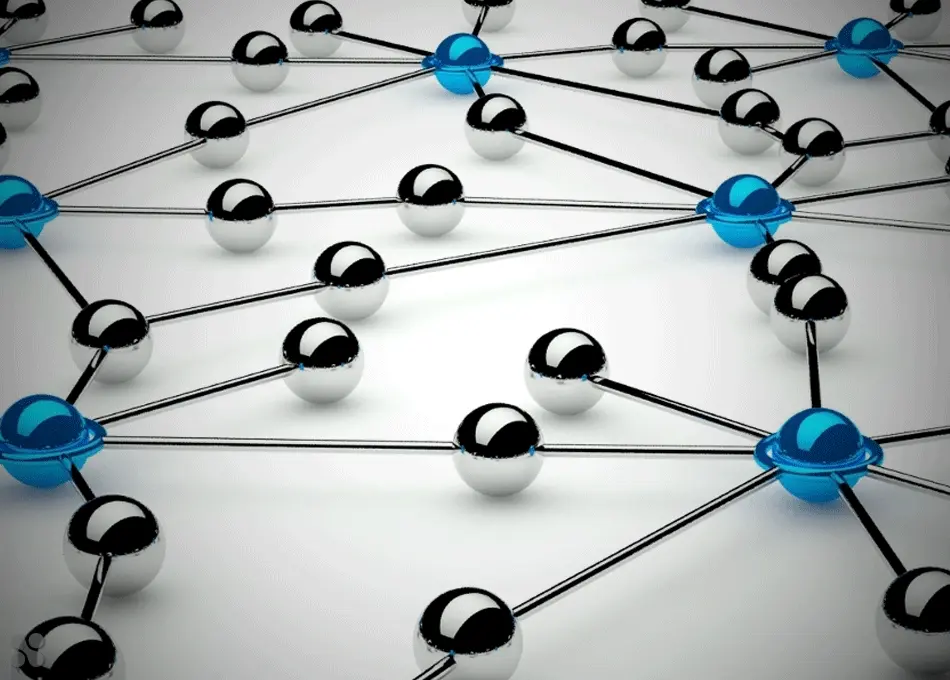connections – The Ties That Shape Our Lives
In a world that grows more interconnected each day, connections have taken on deeper meaning. They drive our relationships, shape our careers, influence our decisions, and build the foundation for technological innovation. But what does a “connection” truly mean in the modern age?
This article explores the multifaceted concept of connections—from human bonds to digital networks—and highlights their importance in building a richer, more meaningful life.
Defining Connections in Today’s World
At its core, a connection is the link or relationship between two entities. Traditionally, we think of connections in the context of family, friendships, and community. However, the term now spans digital platforms, professional networks, global communications, and even emotional understanding.
Types of Connections:
-
Human connections – Emotional bonds and social relationships
-
Digital connections – Internet, devices, apps, and online platforms
-
Professional connections – Networking and business relationships
-
Cultural connections – Shared values, language, or traditions
-
Neural connections – Biological pathways in the brain that influence thought and behavior
In every form, a connection involves interaction, mutual influence, and a shared purpose.
Why Human Connections Still Matter
Despite the rise of artificial intelligence and online communication, human relationships remain the most powerful type of connection. Studies have shown that strong social ties improve mental health, increase longevity, and provide emotional support during difficult times.
Whether it’s a friend you see weekly, a mentor at work, or a simple smile from a stranger, these moments matter. They help reduce feelings of isolation, provide a sense of belonging, and reinforce trust within communities.
To nurture human connections:
-
Practice active listening
-
Reach out consistently, not just in times of need
-
Engage in shared experiences
-
Express gratitude and empathy
-
Be fully present without digital distractions
These habits strengthen bonds and deepen trust.
The Rise of Digital Connections
While technology can never fully replace face-to-face interaction, digital connections are now a central part of modern life. From messaging apps to social media, we connect across time zones instantly. This shift has transformed how we build communities, learn new skills, and do business.
Some of the key benefits of digital connections include:
-
Global reach – Interact with people worldwide
-
Convenience – Stay in touch without physical travel
-
Speed – Share news and ideas instantly
-
Accessibility – Access education, jobs, and information easily
-
Scalability – Grow personal brands and businesses faster than ever
Yet, it’s important to use these tools intentionally. Not all online connections are authentic or beneficial. Focus on building quality over quantity, and remember to disconnect occasionally to reconnect with the physical world.
Connections in Business and Innovation
In the business world, connections can mean the difference between stagnation and success. Whether you’re building a startup, managing a team, or selling a product, networking is key.
Effective business connections lead to:
-
New opportunities and partnerships
-
Access to resources and capital
-
Knowledge sharing and mentorship
-
Brand visibility and influence
-
Collaborative innovation
To foster meaningful professional relationships, be proactive. Attend events, engage online, offer help before asking for it, and follow up consistently.
Connections in Education and Learning
Learning thrives on connection. Students do better when they feel understood by teachers. Online learners stay motivated when supported by a community. Even academic success is often tied to having access to strong peer and mentor networks.
Instructors and institutions that foster relational learning—where connection is prioritized alongside curriculum—tend to have higher engagement and retention rates.
How to Build Better Connections in Your Life
Building strong connections, whether personal or digital, takes intentionality. Here are a few strategies that apply across different areas of life:
-
Be authentic – People connect with sincerity, not perfection.
-
Show interest – Ask questions, remember details, follow up.
-
Stay consistent – Relationships grow with time and effort.
-
Give before you take – Offer value, support, or insight freely.
-
Use technology wisely – Schedule video calls, voice notes, or messages that show you care.
-
Balance digital and physical – Use tools to enhance, not replace, real-world interaction.
FAQs
Are online connections real relationships?
Yes, they can be. Many lasting friendships, partnerships, and support networks begin online. What matters is the depth, communication, and mutual effort involved.
Can strong social connections improve health?
Absolutely. Socially connected people tend to have lower levels of anxiety, depression, and chronic illness, and higher life satisfaction.
How do I make meaningful connections professionally?
Focus on shared interests, mutual goals, and authentic engagement. Avoid transactional thinking—build relationships, not just contacts.
Do introverts struggle with connections?
Not necessarily. Introverts may prefer fewer but deeper connections. What matters is quality, not volume.
Final Thoughts
The word connections goes far beyond technology or surface-level relationships. It represents the meaningful ties that enrich our personal lives, empower our careers, and drive societal progress.
In a world full of distractions and noise, building real connections—both human and digital—requires intention, presence, and empathy. Whether you’re growing a business, navigating friendships, or trying to make sense of it all, strengthening your connections is always a worthwhile investment.
